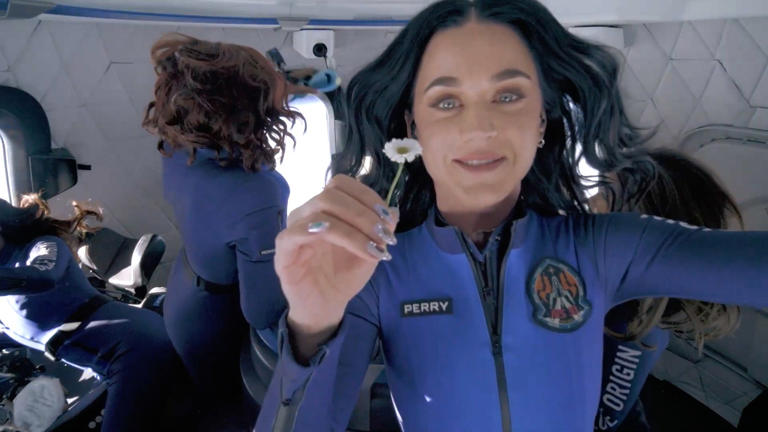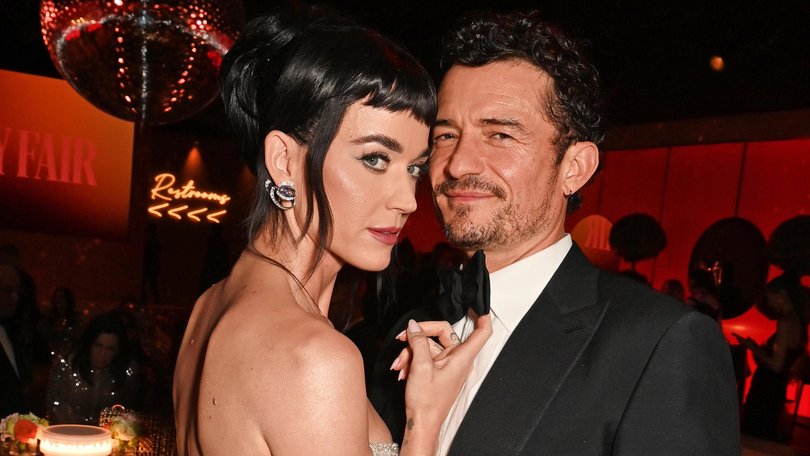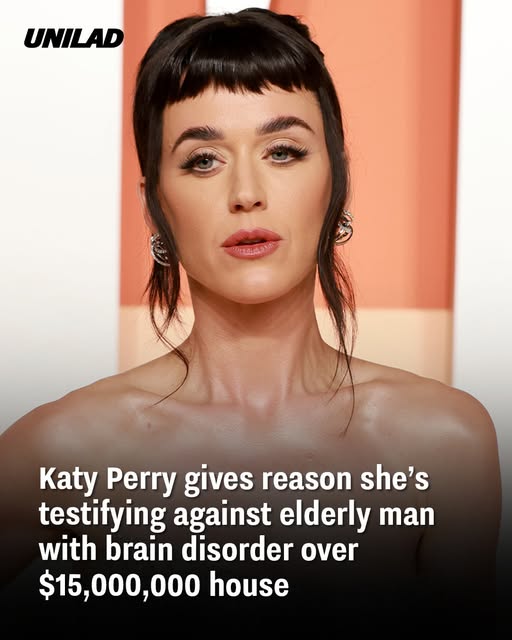In 2020, singer Katy Perry and her then-partner Orlando Bloom acquired a $15 million mansion in Santa Barbara, California, through Bloom’s LLC, DDoveB. The seller, 85-year-old Carl Westcott veteran and founder of 1-800-Flowers alleges that he wasn’t of sound mind when he entered into the deal. Westcott, who suffers from Huntington’s disease and had recently undergone surgery and taken multiple opiate medications, claims the contract is voidable due to his compromised mental state.
Legal Battles: Ownership vs. Damages
Initially, Westcott filed suit to rescind the contract, arguing incapacity at the time of the sale. A judge rejected his claim, finding that Westcott was lucid and rational when he signed, thereby transferring ownership to Perry in early 2024. Subsequently, Perry’s camp—technically via her business manager, Bernie Gudvi—filed a countersuit seeking damages. The lawsuit includes compensation for lost rental income (estimated at approximately $3.25 million), maintenance costs, and property repairs (ranging from $2.2 to over $3 million), bringing the total claim up to around $5.5–6 million.

Katy Perry’s Court Testimony
On August 26, 2025, Perry testified remotely via Zoom during the second phase of the trial. When asked what she stood to gain, her succinct reply was: “Justice.” She clarified she stands to lose money if the outcome isn’t favorable, citing lost rental revenue, legal fees, and other expenses. The judge limited questioning about Orlando Bloom, deeming it largely irrelevant. Perry affirmed her continuing bond with Bloom, stating: “We are family for life.”
Additionally, she confirmed that, while she could have purchased the property outright, she chose to finance it with a mortgage.
Controversy and Public Reaction
Westcott’s family has harshly criticized Perry’s legal actions, calling them “unforgivable” and accusing her of exploiting a bedridden man suffering from dementia. His son Chart labeled the lawsuit as driven by greed and celebrity privilege. Further scrutiny arose as actor Chris Pratt—who is renting the property with his wife—became involved as a potential witness. Pratt’s tenancy may undermine Perry’s damage claims about the property’s alleged uninhabitable condition.
Broader Implications of the Case
Beyond its legal complexity, the case has sparked real broader conversations about ethics, wealth, and the responsibilities of high-profile buyers in real estate transactions involving elderly sellers. Critics argue that Perry’s pursuit of millions in damages portrays her as prioritizing financial gain over compassion, while supporters claim she is simply standing up for her contractual rights. The final verdict could influence future property disputes where mental competence and real contractual fairness are questioned, especially in high-value luxury markets. Until Judge Lipner delivers a ruling, public opinion remains sharply divided, reflecting the intense media attention surrounding the high-stakes courtroom battle.

What Lies Ahead
The trial continues without a jury—so the outcome rests solely with Judge Joseph Lipner. Both sides presented testimony, and more is expected before the court reaches a verdict, anticipated in the coming days. This case is just one in a series of high-profile legal disputes involving Perry, including previous battles over a convent purchase and a famous copyright case related to her hit song Dark Horse.

















